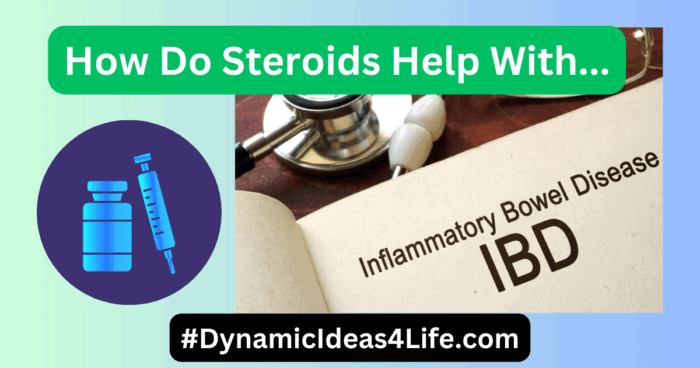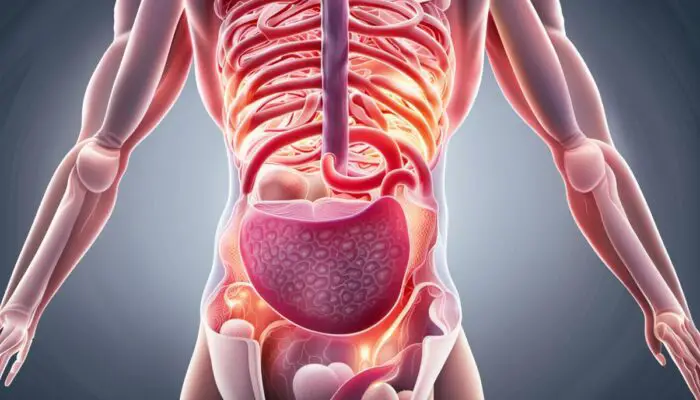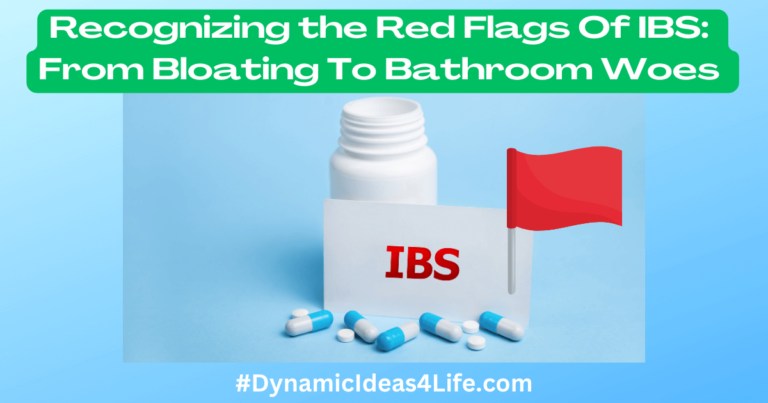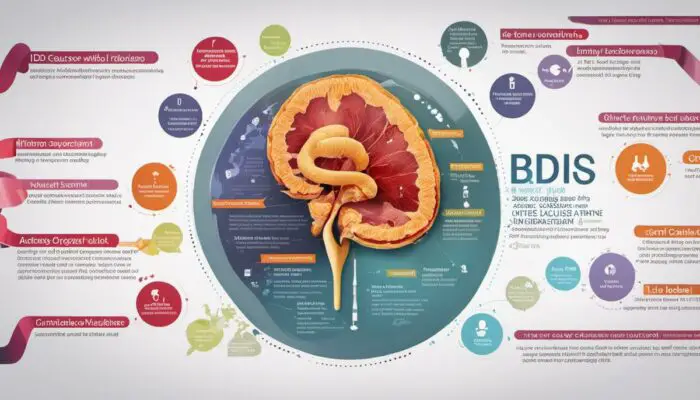How Do Steroids Help with IBD Recovery? This will be today’s question. If your diagnosis for Inflammatory Bowel Disease (IBD) is quite recent then perhaps this is something you have started to hear about. IBD treatment Steroids are known to play a very important role in this regard, and not just this, but they have been demonstrated to provide significant relief for many patients.
In this blog post we shall delve into the intricate character of Steroids, exploring their role in IBD treatment—how they function, their benefits, and the potential drawbacks. For those looking for more information we will look to provide a comprehensive understanding of this medical approach to managing IBD, and why it might be a worthy option to consider Steroids if you have any doubts.
Furthermore, we shall walk through the research validating the effectiveness of Steroids in combatting IBD, while giving due regard to the contingent side-effects and risks associated with long-term steroid use.
So, let’s begin here.
*Health Disclaimer: Please note I am not a qualified Medical Professional Information shared within this content is based on my own research and this should not discourage you from speaking to a healthcare professional regarding your condition. This content is just to give you some insight into what this is all about.
How Do Steroids Help IBD? – For Those That Are Curious!
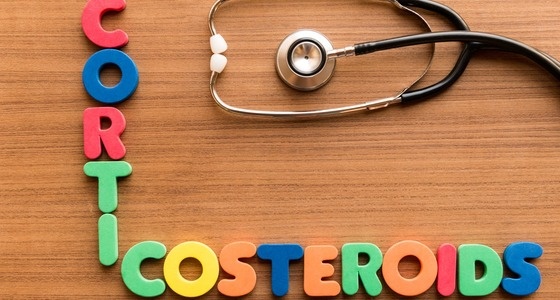
Steroids are commonly used in the treatment of IBD. They help; suppress the immune system, reduce inflammation, and help heal inflamed sections of the bowel.
These medications are typically utilised when symptoms are severe or other treatments have failed to bring relief.
Steroids used in IBD treatment encompass a range of drugs, including Prednisolone, Hydrocortisone, and Budesonide. Prednisolone is commonly used for those with moderate-severe IBD and works quickly to control inflammation. Budesonide is primarily used for Crohn’s disease affecting the ileum and right side of the colon.
These steroids may be taken orally, administered rectally, or given via injection, depending on the individual’s condition. But, are they really the best thing for managing this condition?
Understanding IBD
I’ve certainly covered this in a good number of blog posts already now (I know) but the bottom line here is that Inflammatory Bowel Disease (IBD) is a term that encompasses a group of illnesses, namely Crohn’s disease and ulcerative colitis.
These conditions are characterised by chronic inflammation of the digestive tract.
The symptoms of IBD are manifold, ranging from diarrhoea, abdominal pain, severe tiredness, and dramatic weight loss. It’s important to remember that the severity of these symptoms can vary dramatically from person to person and depend largely on the areas of the gut affected.
The Benefits and Drawbacks of Steroids in IBD Treatment
While Steroids can provide rapid relief from severe IBD symptoms and are capable of inducing remission, they also carry potential risks and side effects.
Benefits of these drugs include;
- Swift Reduction in Inflammation,
- Relief of Pain, and
- The Reduction of Frequent Bowel Movements.
This swift action can often improve the quality of life dramatically for those suffering from severe IBD. However, drawbacks of long-term steroid use include increased susceptibility to infection, osteoporosis, weight gain, mood fluctuations, high blood pressure, and glucose intolerance, among other things.
They are generally not used as a long-term solution for IBD due to these potential side effects, and patients are usually transitioned to other treatments after the IBD has been brought under control.
Medical Supervision in Steroid Therapy
We must note that the use of Steroids is highly advised to be under the STRICT oversight of a medical practitioner. The quantity and duration of steroid intake depends largely on how severe the relapse of Inflammation is, therefore, it is crucial that patients adhere strictly to their healthcare instructions relating to steroid use.
It is not recommended for patients to stop their steroid intake abruptly rather, its usage should be gradually reduced or ‘tapered’. This is often suggested by medical providers in a bid to prevent withdrawal symptoms and to also allow the adrenal glands resume the natural production of steroids in the body.
To manage IBD effectively and prevent possible complications, it is critical that patients communicate any side effects experienced and have regular reviews with their medical provider about their steroid usage.

Effectiveness and Side-effects of Steroids for IBD
Efficacy of Steroids in IBD Management
Steroids are frequently employed in the treatment of different types of Inflammatory Bowel Disease (IBD), including Crohn’s disease and ulcerative colitis. The way they work is by lessening Inflammation and suppressing the immune system, providing notable relief from symptoms such as diarrhoea, abdominal discomfort, and fatigue.
Steroids are typically used at the onset of treatment or during periods of severe flare-ups. Research has shown Steroids to be effective at inducing remission in roughly 50-70% of patients, with up to 30% experiencing a long-term remission of their IBD. [R}
Types of Steroids Used
The two most common types of Steroids used for IBD are prednisolone and budesonide. Prednisolone can be used for a wide range of inflammatory disorders and is often favoured due to its rapid relief of symptoms. Budesonide, on the other hand, is released directly into the gut and thus exerts fewer side effects as it is less absorbed into the body.
Potential Side-Effects and Risks
Although Steroids can be highly effective in treating IBD, they also come with numerous potential side-effects and risks, which can be more severe with long-term use. These include suppression of the adrenal gland’s natural steroid production, which can lead to dependence and difficulties in ceasing steroid therapy.
Other side-effects can include bone thinning, increased susceptibility to infections, weight gain, mood and behavioural changes, and, in rare cases, damage to the eyes.
The long-term use of steroids can also lead to Cushing’s syndrome, characterized by a round ‘moon’ face, increased hair growth and thinning of the skin.
More serious complications can occur if Steroids are not managed correctly, such as adrenal insufficiency, which can cause fatigue, body aches and light-headedness, and in severe cases, can be life-threatening.
Steroid Sparing Strategy
Given the potential side-effects and risks of long-term Steroid use, many clinicians adopt a ‘steroid sparing’ strategy. This involves using a combination of different medications to limit the need for steroids. The most common steroid-sparing medications are thiopurines and methotrexate. [R]
Swapping to these medications might help patients to manage their IBD without experiencing the negative side-effects linked to long-term steroid use.
In Summary
Steroids can indeed be a potent initial course of treatment for IBD, nevertheless, their prolonged consumption might be linked to severe side-effects and complications. For this reason, it’s imperative that each patient’s medication and respective dosages are evaluated on a case by case basis, weighing the potential benefits against the risk factors, whilst consistently being monitored by medical professionals.
It’s also advisable to explore other treatment options to mitigate the requirement for extended steroid use.
Alternatives Options to Steroids for IBD Treatment
Immunosuppressant Medications
Immunosuppressants, also referred to as immunomodulators, are proficient at reducing gut inflammation by diminishing the immune response generally responsible for this condition. This group of medicines includes azathioprine (Imuran), mercaptopurine (Purinethol), methotrexate (Trexall), and cyclosporine (Gengraf, Neoral), which are frequently employed when other treatments don’t yield results.
It should be noted, however, that these drugs may take several weeks to exhibit their effects.
In addition, they also come with serious long-term side effects, such as an elevated risk of infection and certain forms of cancer.
Biologics
Biologics target specific proteins in the body that are part of the immune response. They work by blocking these proteins and thus prevent inflammation. Biologics are often recommended in moderate to severe cases of IBD where other treatments have not been successful.
Examples of biologics include adalimumab (Humira), infliximab (Remicade), vedolizumab (Entyvio) and ustekinumab (Stelara).
Side effects can include increased susceptibility to infection, reactivation of tuberculosis, and a rare chance of developing certain types of cancers.
Diet And Lifestyle
Above Steroids, Immunosuppressants and Biologics Diet and Lifestyle modifications are crucial in managing IBD symptoms and reducing inflammation. This can include identifying trigger foods that can exacerbate symptoms. Maintaining a balanced and healthy diet with the guidance of a dietitian can support overall health and boost the immune system.
Regular exercise also enhances overall health and can reduce stress, a common trigger for IBD flare-ups. Getting enough sleep and reducing alcohol and caffeine intake are some other lifestyle modifications that could improve IBD symptoms.
Gluten and dairy maybe something else to avoid. Everybody is different but from my own experience I find both in excessive amounts can trigger these symptoms.
Surgery
Surgery might be considered, often as a last resort, in severe cases of IBD where medication has not been successful. Surgeries mainly aim to remove damaged portions of the digestive tract. Types of surgeries depend on the type of IBD; for Crohn’s disease, it could be strictureplasty or resection, whilst for ulcerative colitis, it could be proctocolectomy with ileal pouch-anal anastomosis (IPAA).
Emerging Therapies
Research into newer forms of IBD treatment is ongoing. One such promising area is stool transplants, also known as faecal microbiota transplantation (FMT). FMT involves transplanting healthy bacteria from a donor’s stool into an individual with unhealthy bacteria.
Early research suggests this could be effective in rebalancing the bacteria in the gut that contribute to inflammation in IBD.
Another emerging therapy area is stem cell therapy, which utilises cells that can transform into different cell types. The aim is to repair damaged tissue in the intestines, though considerations around its efficacy, safety and long-term effects remain.
Lastly, advances are being made in personalised medicine, whereby treatments are tailored to an individual’s unique genetic, environmental and lifestyle factors. This approach stands to dramatically improve the effectiveness of treatment for patients with IBD.
Red Light Therapy For IBD Suffers
On this note of alternatives to steroids for IBD sufferers something else I covered in another article recently is Red Light Therapy.
Red light therapy (RLT) is an emerging alternative treatment that has shown promise for individuals suffering from Inflammatory Bowel Disease (IBD). This non-invasive therapy uses low-level wavelengths of red and near-infrared light to penetrate the skin and promote cellular regeneration and repair.
While it is more commonly associated with skincare and pain relief, growing evidence suggests it may benefit gut health.
How Does Red Light Therapy Work for IBD?
The effectiveness of RLT for IBD is believed to stem from its anti-inflammatory properties. By targeting the mitochondria in cells, red light stimulates energy production (ATP), enhancing the body’s natural healing mechanisms. For IBD sufferers, this can translate to reduced intestinal inflammation and improved gut lining repair.
Benefits of Red Light Therapy for IBD
- Reduced Inflammation: Chronic inflammation is a hallmark of IBD. RLT helps modulate inflammatory markers, potentially providing relief from flare-ups.
- Pain Relief: Many IBD patients experience abdominal pain. RLT may alleviate this discomfort by improving blood circulation and reducing tissue sensitivity.
- Improved Gut Barrier Function: Research suggests that RLT can promote the integrity of the intestinal lining, which may help reduce symptoms like diarrhea and cramping.
- Stress Reduction: Stress is a common trigger for IBD symptoms. The calming effects of RLT on the nervous system could indirectly improve gut health.
Practical Applications
While clinical-grade devices are often required for medical conditions, some home-use red light panels and handheld devices may be effective. For IBD, RLT can be applied to the abdomen or other affected areas, following manufacturer guidelines.
Sessions typically last 10–20 minutes and can be performed several times a week.
Current Research
Though promising, RLT is still in the early stages of being studied for IBD specifically. Preliminary studies and anecdotal reports highlight its potential, but more robust clinical trials are needed to establish standardized treatment protocols.
*Note – Before incorporating red light therapy into your routine, it’s important to consult your healthcare provider, especially if you’re undergoing conventional IBD treatments like steroids. RLT could complement existing therapies, offering a holistic approach to managing the condition.
In Conclusion
The landscape of treatments for IBD is replete with potential alternatives to steroid usage, these range from other classes of drugs, feasible lifestyle modifications, surgical interventions, to novel emerging therapies.
Knowledge and understanding of these alternatives can empower choices around personal health and well-being. As the science behind IBD and its treatment options continues to evolve, affording more effective and safer treatment methods, it is increasingly important for each individual to be well-informed.
While Steroids have a potent role in the management of IBD, there are a variety of other avenues that potentially enable better, sustained relief and improved quality of life for individuals living with IBD.
I shall finish this blog post up here but if there is anything you would like to add, or any feedback you would like to leave in regards to this content please feel free to leave us a comment below.
References
Mayo Clinic
“Prednisone and Other Corticosteroids: Balance the Risks and Benefits.”
https://www.mayoclinic.org/steroids/art-20045692
Massachusetts General Hospital
“Steroids in the Treatment of IBD.”
https://www.massgeneral.org/children/inflammatory-bowel-disease/steroids
Clinical Gastroenterology and Hepatology Journal
“Steroid Use in Inflammatory Bowel Disease: Current Perspectives.”
https://www.cghjournal.org/article/S1542-3565(21)00326-8/fulltext
National Library of Medicine (PubMed Central)
“Corticosteroids in IBD: Risks and Benefits.”
https://pmc.ncbi.nlm.nih.gov/articles/PMC8040510/
Verywell Health
“Medications for Crohn’s Disease.”
https://www.verywellhealth.com/medications-for-crohns-disease-8676405






Anxiety and Depression best ways to lower blood sugar BiOptimizers blood pressure supplements blood sugar support supplements Digestive Enzymes Supplement digital products Dr Sam Robbins Exercise Gut Health Healthy Living heart health HFL how to lower blood sugar levels How To Lower Cholesterol insulin resistance joint health supplement Keto keto dieting Keto Diet Weight Loss leaky gut supplements leptin resistance list Magnesium deficiency Matt Gallant mental health Mind and Mood Probiotics multivitamins Nootropics nutrient supplements Probiotics Probiotic Supplements proteolytic enzymes reverse type 2 diabetes stress and anxiety stress relief vitabalance vitamin c vitapost Wade Lightheart weight loss articles weight loss diet plans weight loss product reviews weight loss supplements weight loss tea

